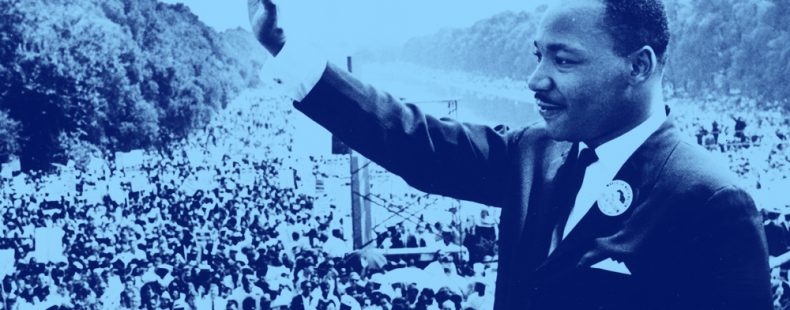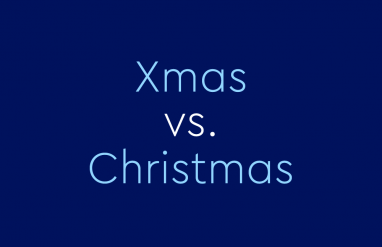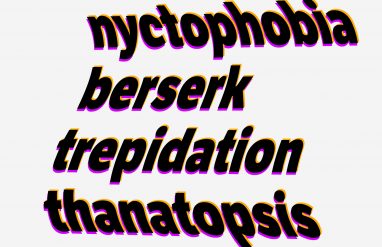Politicians and political figures often use anaphora in speeches to emphasize their points. One of the most famous anaphora examples comes from Dr. Martin Luther King Jr.’s “I Have a Dream” speech. King uses the anaphoral phrase, “I have a dream,” to start eight consecutive sentences:
I have a dream that one day even the state of Mississippi … will be transformed into an oasis of freedom and justice. I have a dream that my four little children will one day live in a nation where they will not be judged by the color of their skin but by the content of their character. I have a dream today!
King uses anaphora to highlight the difference between how things are and how he hopes they will be.
In fact, anaphora is a rhetorical device often favored by poets … and that’s why MLK Jr.’s speech lives among the greatest speeches.
Martin Luther King Jr. had an exquisite way with words. Learn about some of his most powerful words.
What is anaphora?
As a rhetorical device, anaphora is “the repetition of a word or phrase at the beginning of consecutive sentences, poetry stanzas, or clauses within a sentence.” Rhetorical devices—which include metaphor and hyperbole—are used to make a point when you’re speaking. Specifically, an anaphora can be as short as a single word, such as I, when, or and. It can also involve several words, like Dr. Martin Luther King Jr.’s anaphoral phrase “I have a dream.” Anaphoral phrases are rarely longer than a few words (lengthy, repeated phrases can be confusing to readers). Fun fact: the opposite of anaphora is epistrophe, “a word or phrase repeated at the end of consecutive lines.”
The purpose of anaphora
Poets use anaphora to establish a rhythm, structure a poem, or highlight certain ideas. Some poets use extreme anaphora as a stylistic choice. “Howl,” by Allen Ginsberg, does this. Almost every line in the first section starts with who. The second section repeats the name Moloch at the beginning of each line. The repetition gives the poem rhythm and makes it feel energetic.
Discover other advanced poetic devices and how to use them here.
Anaphora in everyday speech
Anaphoral phrases are pretty common in daily speech, too. People use them to express desires or needs. A petulant child might say, “I don’t want to get out of bed. I don’t want to get dressed. I don’t want to go to school. I just want to go back to sleep!”
So, basically, we can all be poets … but we’ll probably never be as poetic as Martin Luther King Jr.














